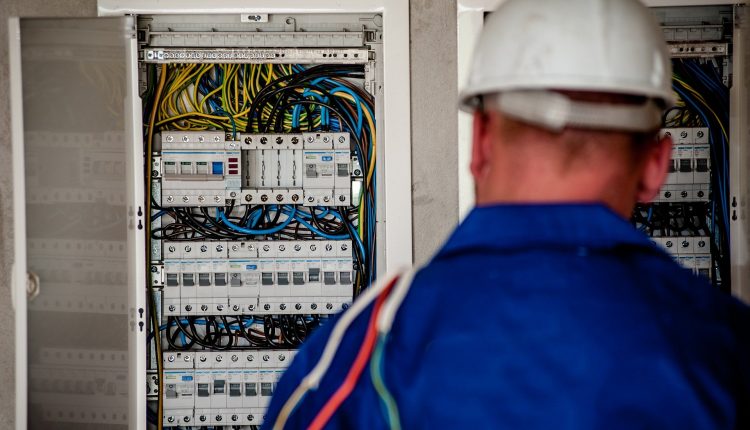The importance of technological innovation in the advancement of any industry cannot be denied. The reality is those who adapt to the continuously changing landscape will thrive, while the remainder will struggle. The same is true in the electrician industry.
By Nico van der Merwe, Vice President of Home and Distribution at Schneider Electric
Given the highly competitive nature of the sector, staying up to date on the latest products, trends, and practices has never been more important for electricians. Given the unprecedented number of electricians set to retire from the industry, we are entering a new age. Those beginning their career, and those already in it, must be aware of the latest solutions on the market and what constitutes the modern home. Only then will they be able to prepare for the future.
Consumers are now wanting more flexibility than ever before. Homeowners now demand smart homes with built-in smart controls that promote sustainability and comfort, while also pleasing aesthetic needs. To meet evolving client expectations, electricians need to not only recognise the best products on the market but also understand their benefits and ultimately how to install them.
The opportunities that technology provides to the electrical industry are obvious. To mention a few, these benefits include more flexibility, control, ease of installation, reliability, fewer maintenance issues and cut-rate costs for customers. The electricians that can recognise and successfully integrate new products and technology will be rewarded for years to come.
Work Smarter, Not Harder
Working with the right product can majorly improve efficiency for electricians, ultimately giving them an edge in this competitive market. For example, working with consumer units such as Easy9 Compact which offer flexible wiring options allows installers to deliver circuit protection in any new build or retrofit project with minimal intrusion into living spaces. They can also be sure the solution will meet the specifications of the home, avoiding any returns, reorders, or delays.
Furthermore, product advancements have brought changes to configurators. If there is a system with different connected components, electricians no longer need to spend time researching a product to ensure they are all compatible. Leading modern technology is designed to be interoperable and this will prove beneficial for electricians in the long term.
These are just two examples of how choosing the most flexible solution can increase efficiency for both electrical contractors and in turn their customers. Those who fail to understand their products will find themselves working twice as hard as their competitors to achieve the same result. The right products enable electrical contractors to work smarter, instead of harder.
Offering bespoke solutions to meet customer demands
Customers are increasingly aware of the latest products, and they expect these to be offered. Being aware of solutions means that you can fulfil the needs of your customers at the right cost. It also means electricians can lead the way in educating the customer on the vast benefits associated with certain products in the electrical industry.
An electrician who is limited to only installing populated, off-the-shelf boards may not meet the expectations of modern customers. Products need to be customisable, flexible, and meet the specific needs of the environment. A compact size, alongside a low-profile aesthetic, means that electrical installations don’t stand out. By offering bespoke solutions to customers, electrical contractors can transform businesses, saving them installation time, energy, and money.
Embrace innovations for future success
By embracing innovation, the next generation of electrical professionals have the opportunity to gain a foothold in the industry and provide customers with real value. Consumers are now searching for electrical advisors that can provide them with confident, personalised recommendations for their unique needs, as well as digital solutions that allow for better monitoring and maintenance. Meeting these ever-changing requirements will be a necessity for the electrical industry’s future success.

